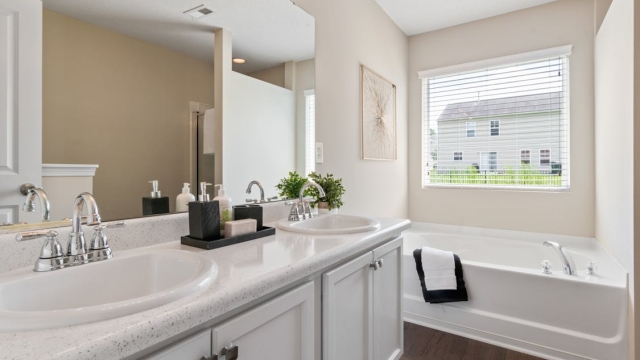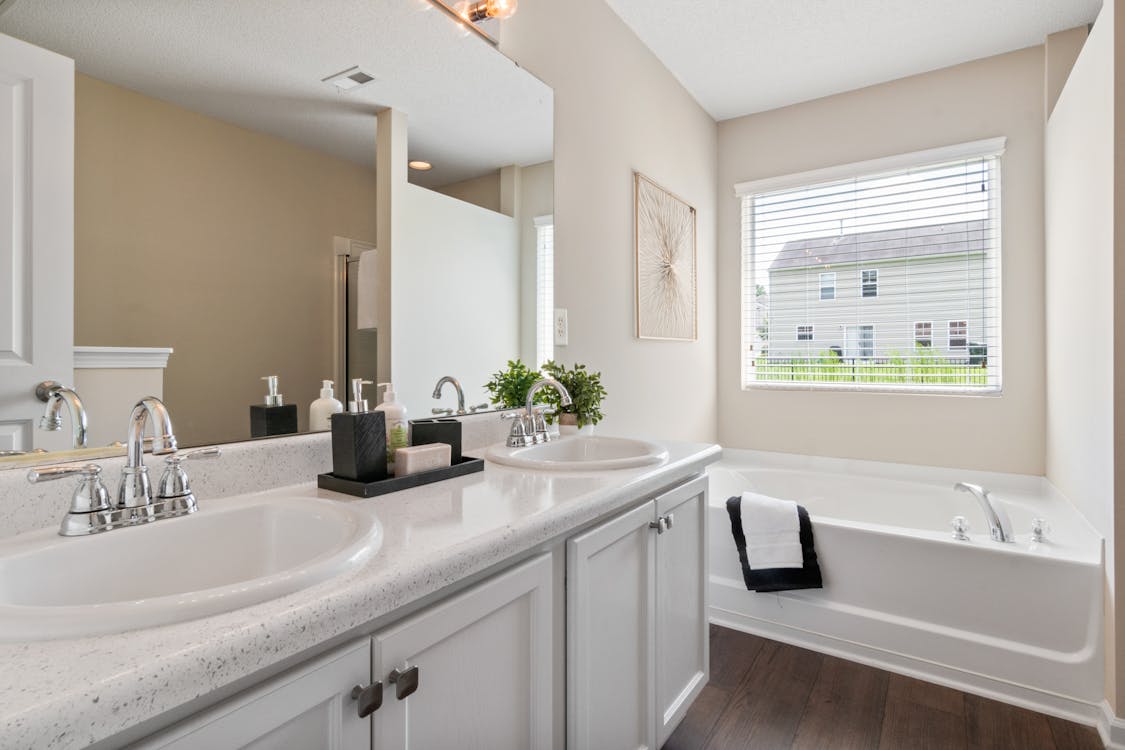 If you’re looking to elevate the elegance of your kitchen, consider hiring professionals who specialize in High-End Marble Installation Services to transform your space into a stunning culinary haven.
If you’re looking to elevate the elegance of your kitchen, consider hiring professionals who specialize in High-End Marble Installation Services to transform your space into a stunning culinary haven.
The kitchen is often considered the heart of the home, where families gather to share meals and create lasting memories. A well-organized kitchen not only enhances the aesthetics of the space but also improves functionality, making cooking and entertaining a delight. If your kitchen could use a refresh, exploring stylish storage solutions is the perfect way to revamp the space while ensuring it remains practical.
Similarly, the bathroom is a sanctuary that deserves attention when it comes to organization and design. With the right renovation approach, you can transform your bathroom into a stylish retreat while maximizing storage. Whether you are considering a complete overhaul or small updates, integrating smart storage solutions can elevate both your kitchen and bathroom, creating a harmonious balance between form and function.
Maximizing Space with Innovative Storage
In the world of kitchen and bathroom renovation, efficient use of space is crucial. With the right storage solutions, even the smallest areas can be transformed into functional and stylish havens. One innovative approach is to utilize vertical space. By installing shelves that reach the ceiling or using tall cabinets, you can take advantage of every inch available. This not only creates more storage but also draws the eye upward, making the room feel larger and more open.
Another effective method is to incorporate multi-functional furniture. Consider a kitchen island that offers both storage and workspace, or bathroom vanities with drawers that keep toiletries organized while complementing the overall design. These pieces serve a dual purpose, minimizing clutter and maximizing utility. Additionally, elements like pull-out pantry shelves or hidden drawers can make everyday items easily accessible while maintaining a streamlined appearance.
Lastly, think about the integration of innovative storage solutions such as pegboards, magnetic strips, or baskets. These options can be customized to fit your style and needs, allowing for creative organization. In a kitchen, pegboards can hold utensils and pots, adding a rustic charm while keeping essentials within reach. In bathrooms, baskets can hold items neatly, making it easy to grab what you need without rummaging through cabinets. Embracing these clever storage ideas can significantly enhance your kitchen and bathroom renovation, delivering both style and functionality.
Choosing the Right Materials
Selecting the right materials is crucial when planning your kitchen and bathroom renovation. Durability should be your foremost consideration, as both spaces face heavy usage and exposure to moisture. For countertops, materials like quartz and granite offer impressive longevity and aesthetic appeal, while cabinets can be constructed from solid wood or high-quality plywood, ensuring they withstand wear and tear over time.
In addition to durability, you should also think about maintenance. Some materials require more upkeep than others. For instance, while natural stone countertops can look stunning, they might need sealing to prevent staining. Alternatively, materials like laminate or solid surfacing can offer an easier cleaning experience without sacrificing style. Choose finishes that will complement your design vision while aligning with your lifestyle’s demands.
Lastly, aesthetic coherence should guide your material choices. The finish and texture of your selected materials should harmonize with the overall theme of your kitchen and bathroom. Whether you lean towards a modern, minimalist look or a more traditional vibe, ensure that your selections create a seamless transition between elements. This will enhance both functionality and visual appeal in your renovation project.
Stylish Organization Tips for Modern Kitchens
Maximizing space in a modern kitchen requires both creativity and practicality. Start by utilizing vertical storage solutions, such as open shelving and wall-mounted racks. These not only keep essentials within reach but also add to the aesthetic appeal of your kitchen. Consider arranging items by category and color, which creates a visually pleasing display while ensuring that everything is easy to access.
Incorporating multi-functional furniture is another effective strategy for organization. Look for kitchen islands that offer additional storage options, such as drawers or shelves beneath. This allows you to store cookware, utensils, or even small appliances conveniently while keeping your countertops clutter-free. Moreover, furniture on wheels can provide flexibility, enabling you to rearrange your space as needed.
Finally, don’t overlook the power of decorative containers and jars to promote organization. Using stylish baskets or glass jars can help contain loose items while contributing to your kitchen’s overall decor. Labeling these containers adds a personal touch and makes it easy to find items quickly. By blending functionality with style, you can achieve a modern kitchen that is both organized and inviting.






 To learn more about how to support your cellular health and discover effective strategies, be sure to
To learn more about how to support your cellular health and discover effective strategies, be sure to 










